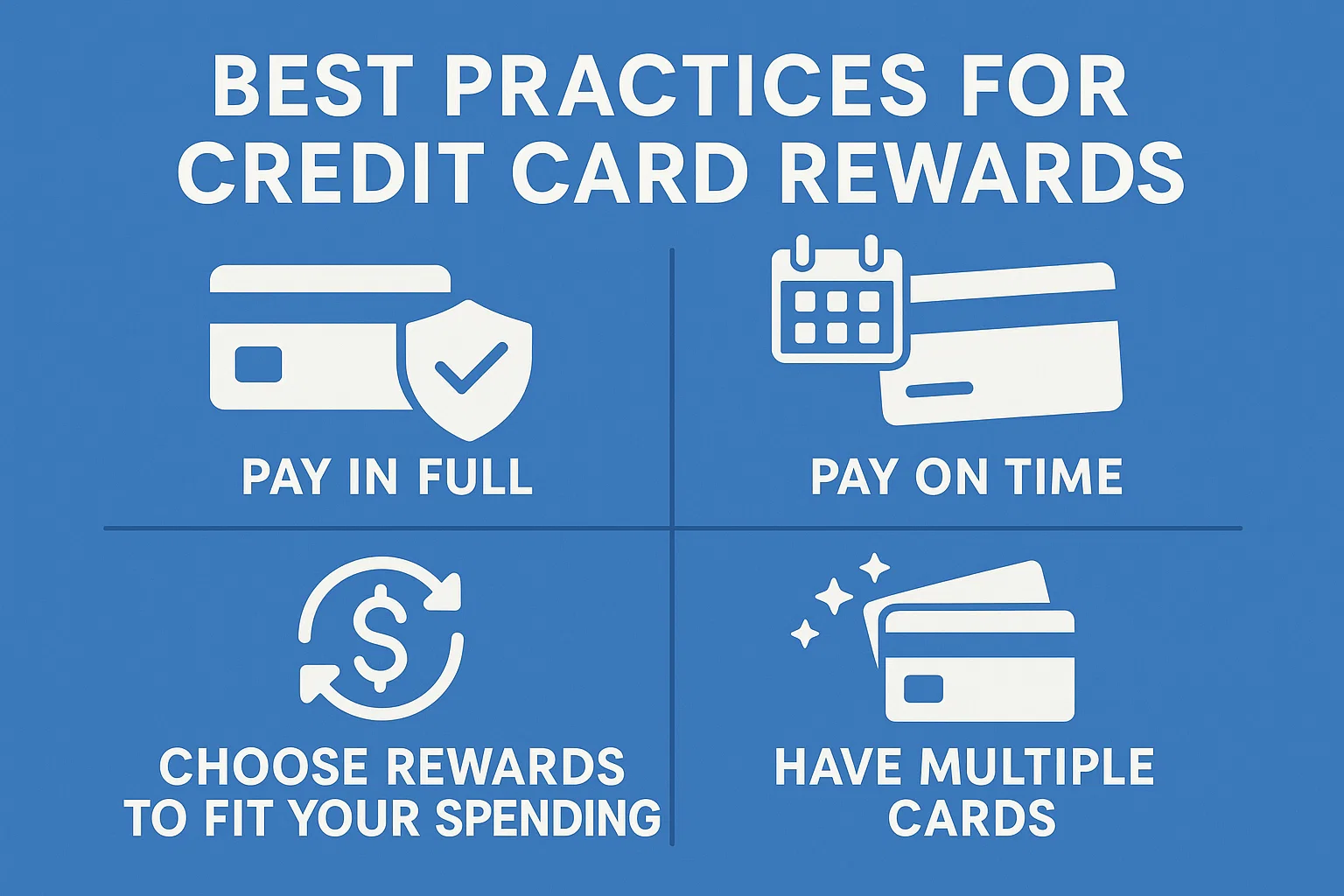Breaking News
Popular News




Enter your email address below and subscribe to our newsletter

Not all cards are created equal. Some offer flat-rate rewards, while others provide higher rates for specific categories (e.g., groceries or fuel). Know what your card is optimized for.
Use cards based on their reward multipliers. For instance, if one card offers 5% cashback on groceries, make sure to use it only for that purpose.
Avoid interest charges that can wipe out your reward benefits. Paying in full keeps your rewards “free” and improves your credit score too.
Keep multiple cards for different spending categories. Rotate them depending on ongoing promotions or rotating category bonuses.
Sign-up bonuses can be massive—sometimes worth ₹10,000 or more. Just be sure you meet the minimum spend without overspending.
Some points or cashback rewards expire. Use an app or spreadsheet to track expiry dates and plan your redemptions accordingly.
Check if your card issuer has an online shopping portal. Buying through it can earn you 2x or 3x the normal reward rate.
Travel redemptions (flights, hotels) usually give higher value per point than cashbacks or gift cards—especially with transfer partners.
Credit card reward programs often change. Stay updated to avoid surprises and take advantage of new offers.
A: Indirectly, yes. Smart use improves your credit utilization ratio and payment history, both crucial for credit score.
A: Generally, cashback and rewards are not considered taxable income unless offered as part of a business transaction.
A: Yes, many cards (especially premium ones) allow point transfers to airline loyalty programs for better value.